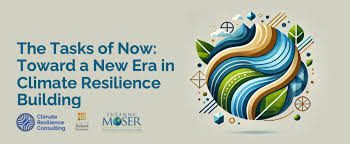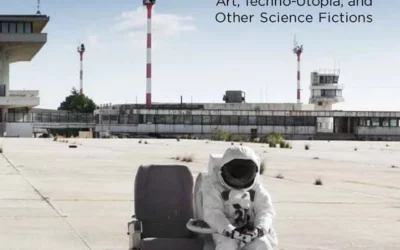by Sincerely, T…Martial law can dramatically alter daily life and limit personal freedoms. Remaining informed, prepared, and organized is essential. If resistance is necessary, prioritize peaceful and lawful methods to protect yourself and your community.
Are we living through a catabolic collapse?
by Zaid Hassan on LinkedIn…Unlike theories that frame collapse as an external shock, catabolic collapse suggests that the mechanism of decline is internal, driven by the growing mismatch between resource consumption and available inputs.
The rise of the degrowther right
by David Broder in Jacobin…A new conservative environmentalism that blends anti-modernism with nationalism and austerity is spreading across Europe.
Elite fragmentation in the United States: Global or domestic phenomenon?
by Mark Mizruchi in American Behavioral Scientist…The actions of societal elites exert a disproportionate impact on events and outcomes in their home societies. These actions are driven by a combination of factors internal and external to their nation.
The tasks of now: Toward a new era in climate resilience building
by Susanne Moser, et al…As the climate crisis intensifies, so does the need for philanthropic investments that are strategic,
innovative, and sustained over the long-term. This report identifies a variety of funding opportunities
that align with key transformative strategies.
What is this era of calamity we’re in? Some say ‘polycrisis’ captures it
by Matthew Cantor in The Guardian…The term ‘polycrisis’ has gained traction as we face one disaster after another. It’s overwhelming – but diagnosing the catastrophe is the first step to addressing it.
Exploring critical perspectives on climate security
from NATO Climate Change Center for Change and Security Centre of Excellence…Participants in this workshop were encouraged to re-imagine climate security research by focusing on longer timeframes, deeper cultural connections, and broader spatial scales, and in doing so learn more about the importance of considering humans, non-human entities, and biodiversity as crucial factors in addressing climate change in a nuanced and sustainable manner.
Philanthropy by the numbers
by Aaron Horvath in The Hedgehog Review…If the question is how to do more good with your giving, then the answer MyGoodness provides comes with crisply quantified moral clarity.
2024 Future Perfect 50 list
From Vox…innovators, thinkers & changemakers working to make the future
a better place.
After Spaceship Earth
An expansive look at the contemporary artists confronting, challenging, and reimagining R. Buckminster Fuller's techno-utopianism to envision sustainable futures Architect and designer R. Buckminster Fuller's (1895-1983) concept of "Spaceship Earth," one of the most...




